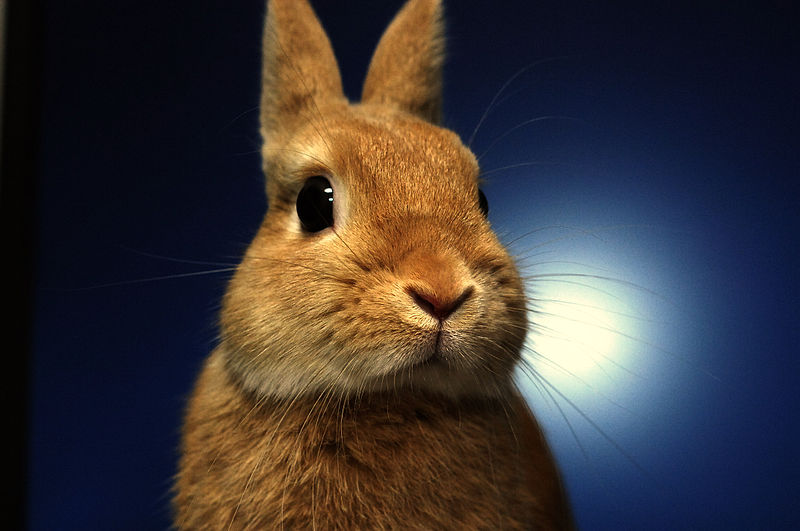I became a vegetarian because I don’t want to hurt animals, the environment or myself. I won’t have any measurable impact on the first two, so I guess it’s all about me. Isn’t it always? Rumpus has a really good Q&A by Suzanne Koven with Dr. Neal Bernard, the son of cattle ranchers who now advocates for veganism for ethical and health reasons. An excerpt about the belief that carnivorism is a product of evolution:
“Rumpus:
But isn’t there an evolutionary basis for meat eating—for us not to be disgusted by it? We have canine teeth, our forebears speared animals and ate them. Aren’t we hardwired for meat eating? Is the fact that cooking meat smells good to us really just a cultural thing?
Barnard:
Meat smells good, bleu cheese smells good—to some people. But it’s acquired. If you ask a guy who’s thirty-five if a cold beer on a hot summer day would taste good, he’d say, ‘Yeah, that would taste wonderful.’ But if you could go back in time to his first taste behind the garage when he was fifteen, it probably tasted disgusting. We acquire certain tastes for things.
And if you took a baby and put a bunny in front of him, and if you had a cat and a bunny, the cat at any age would want to attack and kill the bunny and the child would say, ‘Oh, look at the bunny!’ So the idea that we have some innate aggression towards animals…we don’t.
h: if you open the mouth of a cat, a carnivore, you see that they have long canines, way beyond the other teeth. If you open the mouth of a dog, you see the same. If you open your mouth, you don’t. You have canines that are the same length as your incisors. If you have long canine teeth, it allows you to do two things: one, it allows you to snatch your prey. The other thing it allows you to do is to pull away the hide. If a dog happens to catch a rabbit or another animal, it can very easily remove the hide. If a cat catches a squirrel, they have no trouble with that. But if a person does that, they will work all day and all night to get the skin off of an animal, because they don’t have long canine teeth anymore.
We also don’t have claws. Plus we’re not fast. Plus we don’t have very good vision, or good sense of smell. An owl is a predator and can detect a mouse at a tremendous distance. Dogs have a sense of smell much greater than ours and they’re much faster than we are. We have fairly dull senses, fairly slow locomotion. In our Olympic trials, we celebrate speeds that would be an embarrassment to a bird or a dog or another animal.
We have nothing to kill prey with and nothing to remove the hide with. So the question is when did that change come? It’s something like 3.5 million years ago that we lost our long canine teeth. And most of the great apes did, too—and they’re almost entirely vegetarian. Chimpanzees will eat a little bit of meat. But, they never eat dairy products, and no other animal would do that.” (Thanks Browser.)

